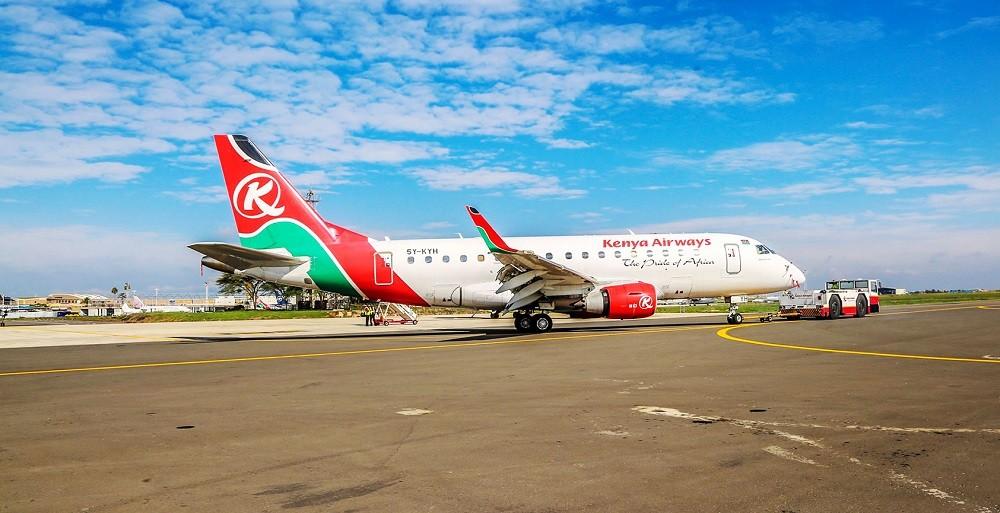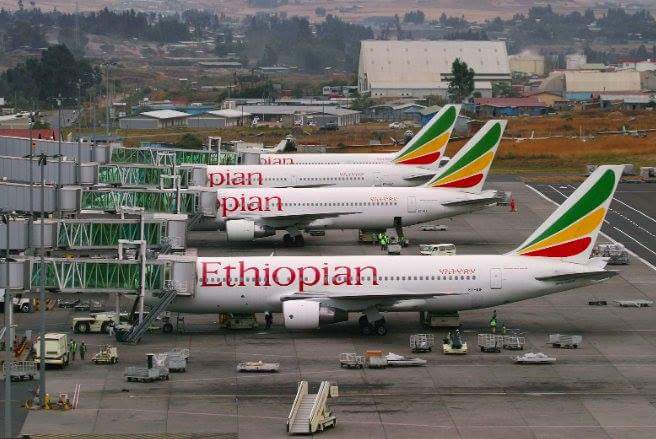- The performance of African airlines has shown significant improvement.
- In January 2023, African airlines’ Revenue Passenger Kilometers (RPKs) were recorded at 2.06 per cent above the levels of the same month in 2019
- However, Tunisia’s decision to increase tourism tax without industry consultation could impact tourist arrivals.
The year 2024 is promising for Kenya’s National carrier, Kenya Airways and other African airlines as they are set to carry around 98 million passengers due to a steady rebound in air travel demand across the continent. Since November 2023, passenger traffic carried by African airlines has exceeded 2019 levels, signaling hope for the worst hit by the shutdowns in the aviation sector.
According to the data for January 2024 by the African Airlines Association (AFRAA), the performance of African airlines has shown significant improvement, signaling a positive trajectory for the region’s aviation sector.
With the 2023 annual airline performance yet to be released, AFRAA predicts that 2023 will see an increase in airline revenues and narrowing the revenue gap compared to 2022. The full-year 2023 revenue shortfall of African airlines will be around US$200m or less compared to the 2019 full year. The 2022 full-year passenger revenue gap was US$3.5 billion for all African airlines combined, compared to 2019.
“At some major African airports (Johannesburg, Nairobi, Addis Ababa, Lusaka, Cairo, Casablanca, Abidjan and Lagos), intra-Africa connectivity reached or exceeded pre-Covid level since December 2022,” reads AFRAA monthly update.
Overall Performance for African Airlines
In January 2023, African airlines’ Revenue Passenger Kilometers (RPKs) were recorded at 2.06 per cent above the levels of the same month in 2019, while available seat kilometres (ASKs) surged by 7.1 per cent.
Cargo transportation also witnessed a noteworthy uptick, with 149.6 million kilograms moved to and from Africa in November 2023. African airlines represented a significant portion, accounting for 30.8 per cent of the total cargo volume.
In regulatory and industry affairs, Somalia recently regained control of its airspace management from Nairobi, marking a significant milestone in its aviation sector’s development. The transition to Class A airspace classification reflects Somalia’s commitment to sovereignty and operational efficiency, with enhanced air traffic control services now in place.
Similarly, Zambia’s adoption of electronic cargo manifests aims to modernize cargo processing and align with international trade standards, streamlining operations and fostering smoother trade facilitation. Cameroon’s innovative use of a mobile app in air passenger processing signifies a step towards digital transformation and improved efficiency for customs procedures.

Read Also: Bumpy ride for cargo as African airlines feel the weight of inflation.
In January 2024, a meeting in Cologne addressed challenges related to GPS spoofing, emphasizing the aviation community’s commitment to addressing emerging threats through collaboration and information-sharing. Balancing technological advancements with security considerations remains crucial for ensuring the resilience and sustainability of the aviation sector amidst evolving challenges.
This notable increase underscores the resilience and adaptability of African carriers amid challenging circumstances. Jet A1 price continues to fluctuate marginally from week to week. The global average jet A1 price ended the week of 19 Jan 2023 up 2 per cent at $108.92/bbl.
Regulatory/Industry Affairs
Somalia: Somalia has taken back control of its airspace management from Nairobi, where it airspace control was reassigned in 2018, reflecting its commitment to sovereignty and self-governance. The transition of Somalia’s airspace from Class G to Class A marks a significant milestone in the country’s aviation sector. The class upgrade means Somalia will now provide Air Traffic Control Services, a crucial step in enhancing safety and operational efficiency.











